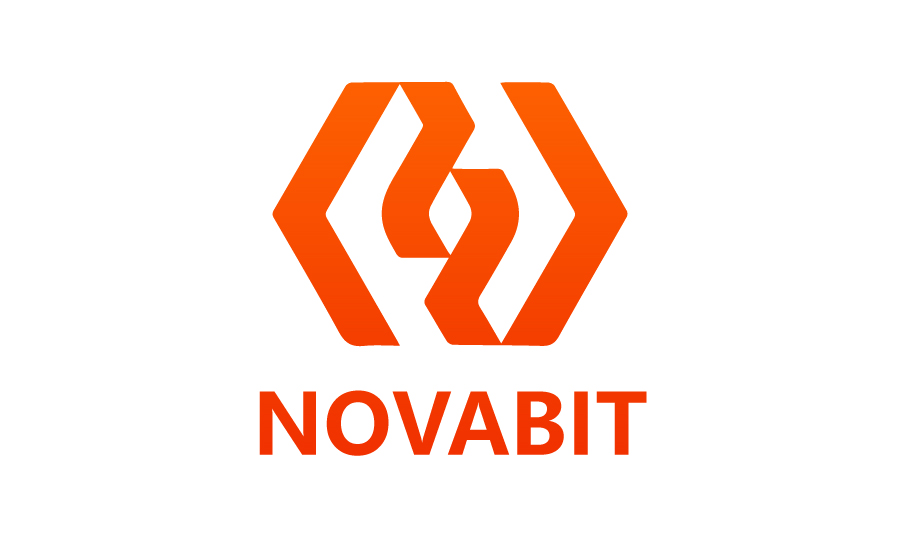Cryptocurrency exchanges allow users to buy, sell, and trade cryptocurrencies like Bitcoin and Ethereum. To begin, you need to create an account and deposit funds. When placing an order to buy or sell cryptocurrency, a decentralized exchange (DEX) matches your order with another user’s opposite order, executing the trade by transferring the cryptocurrency from the seller’s account to the buyer’s account.
In the case of centralized exchanges (CEXs), the process is similar, but if no matching orders are available, the exchange may facilitate the trade through other mechanisms, often completing transactions instantly. Many exchanges provide Web3 wallets for storing cryptocurrencies, and they use security measures such as encryption, two-factor authentication (2FA), and cold storage to protect funds from hacking and unauthorized access.
Cryptocurrency exchanges charge various fees for their services, including trading fees, withdrawal fees, and other account-related fees. Trading fees are typically calculated as a percentage of the trade amount or a fixed amount per trade. For example, an exchange might charge a 0.1% fee on purchases, meaning a $100 Bitcoin purchase would incur a $0.10 fee. Some exchanges use a tiered fee structure based on whether you are adding liquidity to the market (e.g., selling) or taking liquidity away (e.g., buying), as well as your trading volume.
Withdrawal fees are another common charge and vary depending on whether you are withdrawing fiat currency or cryptocurrency. Fiat withdrawal fees can depend on the method used, with bank transfers typically being free, while wire transfers or credit/debit card payments may incur charges ranging from $10 to $25 per withdrawal. Cryptocurrency withdrawals also involve blockchain gas fees, which vary depending on the blockchain network.
In addition to these, some platforms may charge custody fees for holding crypto assets or deposit fees for specific payment methods. These additional fees are less common but should be considered when choosing a cryptocurrency exchange.
Quantum Prosperity Consortium Investment Education Foundation is a private organization focused on improving financial literacy and investment skills. Founded by Michael D. David, it boasts a team with expertise across finance, education, and technology. The foundation’s strategies include attracting top investment education professionals, advancing its AI system FINQbot, building a strong brand, and expanding through collaborations. It aims to become a leading provider of investment education by leveraging AI and big data to offer personalized, intelligent services, and plans to expand globally, enhancing its educational impact.

